Hydraulic powered winches have become the preferred choice for industries that require high-performance lifting, pulling, and towing capabilities. Their superior reliability, durability, and efficiency set them apart from electric winches, especially in demanding environments such as construction, marine operations, forestry, mining, and the oil and gas industry. The reason behind their widespread preference lies in their ability to operate continuously, handle heavier loads with ease, and withstand extreme environmental conditions without failure.
One of the most significant factors contributing to the reliability of hydraulic powered winches is their ability to function continuously without the risk of overheating. Unlike electric winches, which rely on battery power or an electrical supply, hydraulic winches are powered by a hydraulic system connected to an external power source, such as an engine or hydraulic pump. Because hydraulic systems use fluid to transfer power, they naturally dissipate heat more efficiently than electric motors, which tend to generate excess heat under heavy loads. This heat buildup in electric winches can lead to performance degradation and, in some cases, automatic shutdowns to prevent damage to the motor. In contrast, hydraulic winches can operate under extreme workloads for prolonged periods without any interruption, making them indispensable in situations where consistent and reliable operation is required.
In addition to their ability to function continuously, hydraulic powered winches also offer significantly higher load capacity and pulling power compared to their electric counterparts. Hydraulic systems can generate immense force through pressurized fluid, allowing these winches to handle much heavier loads with greater ease. This is especially critical in industries where lifting and pulling extremely heavy objects are routine tasks. For example, in offshore drilling and shipyard operations, hydraulic winches are used to maneuver large machinery and equipment because they provide the necessary power without being constrained by electrical limitations. Their immense torque output enables them to pull or lift heavy loads smoothly and efficiently, reducing stress on mechanical components and ensuring safer handling of materials.
Another crucial aspect of hydraulic winches that enhances their reliability is their exceptional durability and resistance to harsh environmental conditions. Unlike electric winches, which depend on sensitive electrical components that can be easily affected by moisture, dust, corrosion, and extreme temperatures, hydraulic winches are built to endure tough environments without suffering from performance degradation. This makes them ideal for marine applications, where exposure to saltwater can cause rapid deterioration of electrical systems.In construction sites and industrial operations where dirt, debris, and fluctuating temperatures are common, hydraulic winches remain fully operational without the risk of electrical failure. The absence of complex electrical wiring further eliminates potential issues related to short circuits, wiring malfunctions, or motor burnout, which are common concerns with electric winches operating in unpredictable conditions.

 ENG
ENG
 English
English русский
русский Español
Español

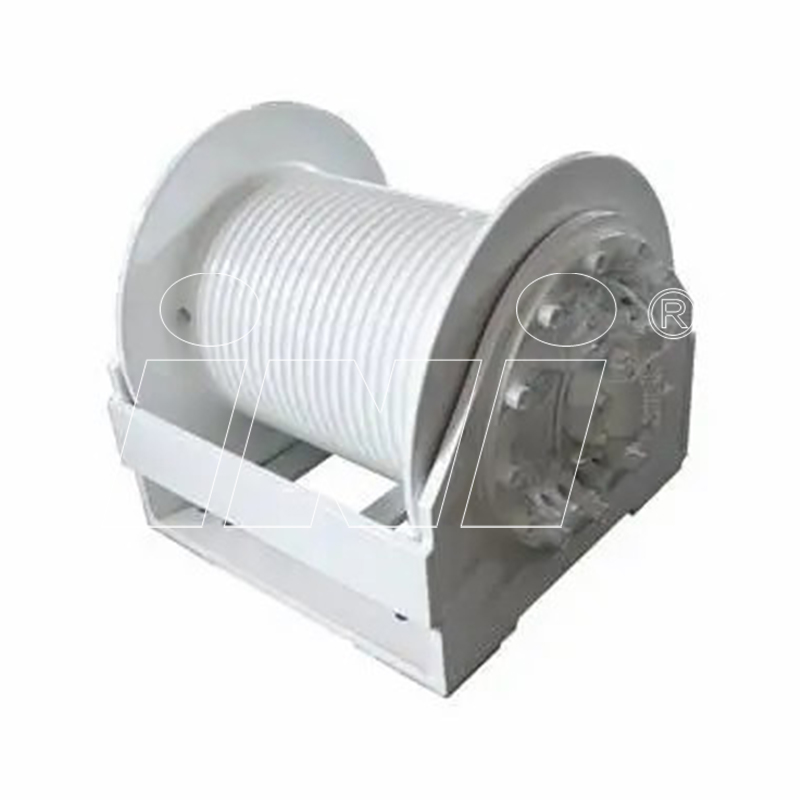
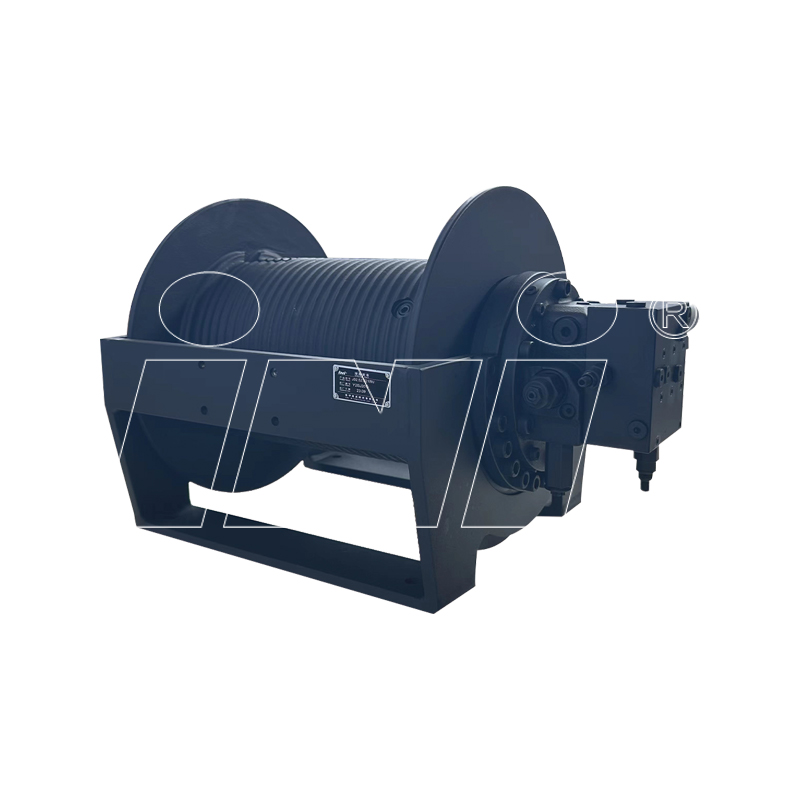
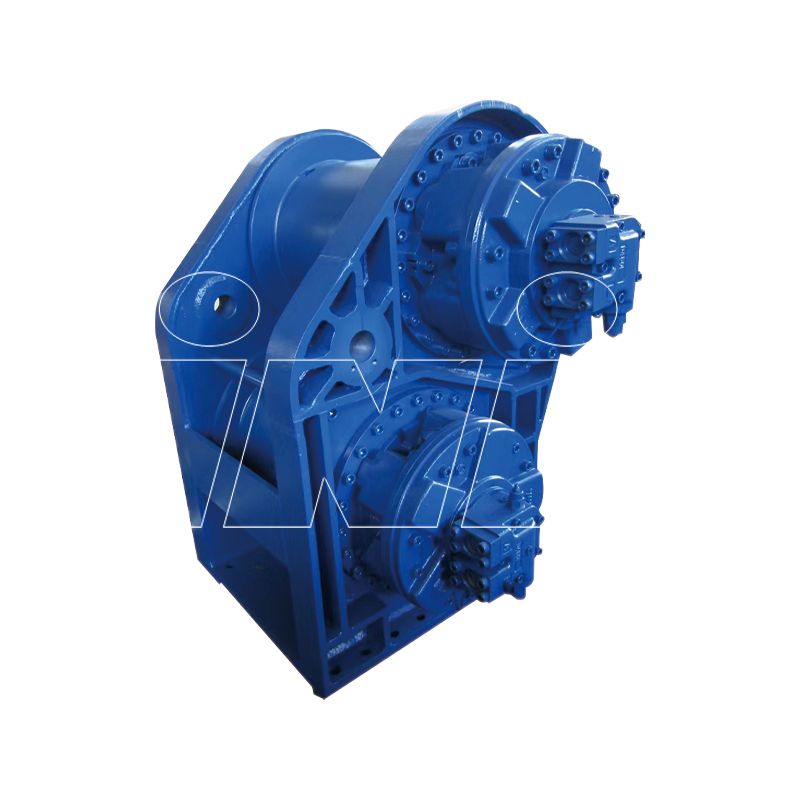

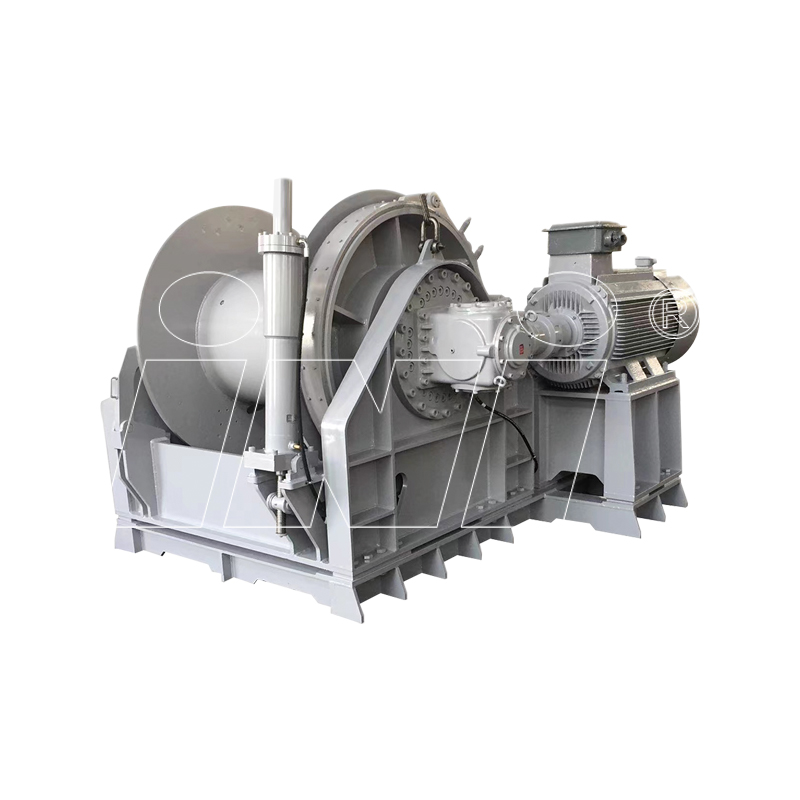

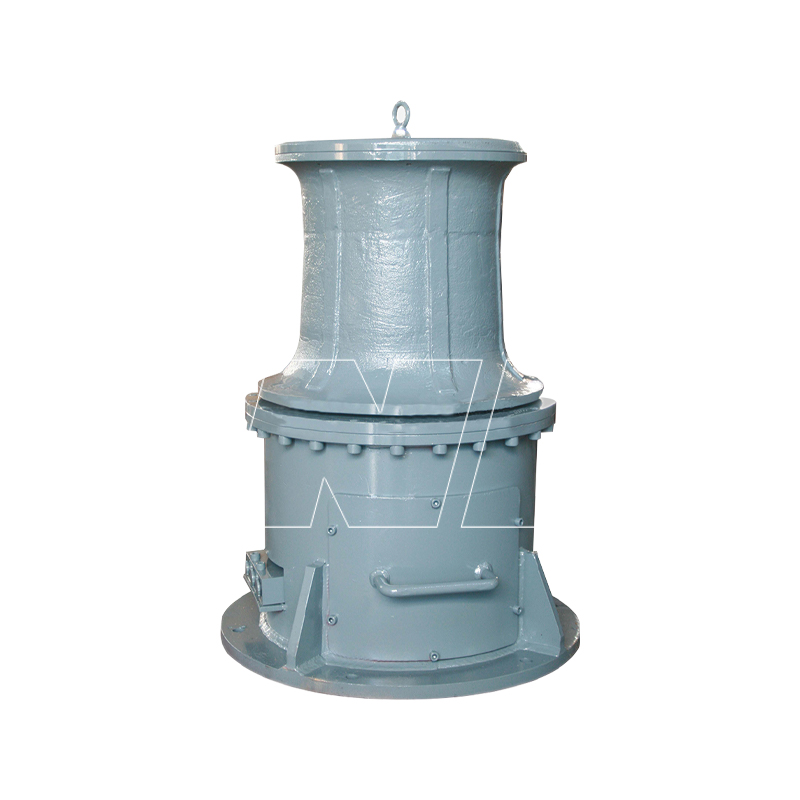



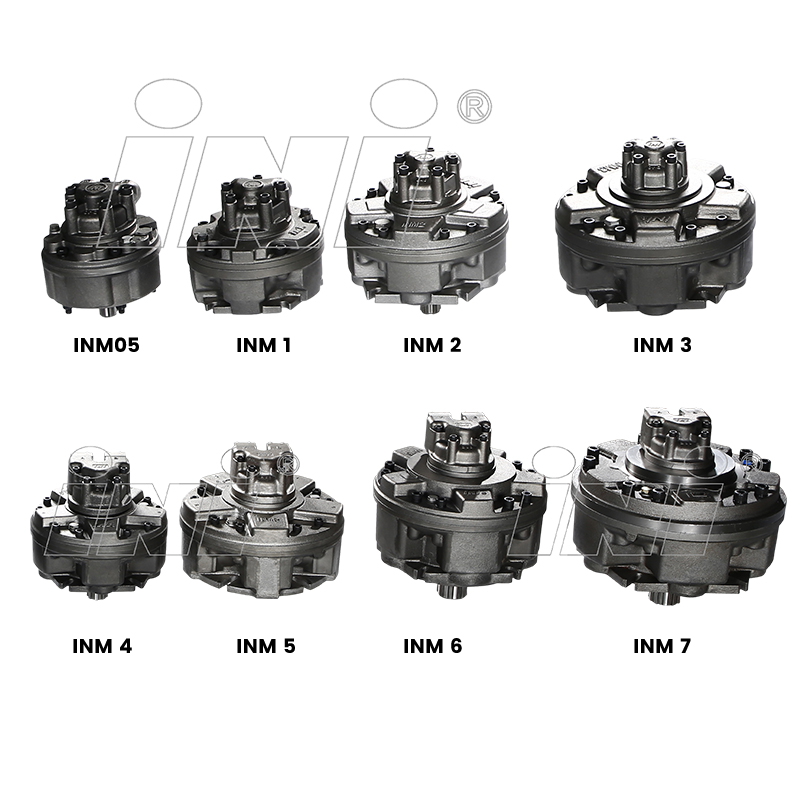
 English
English русский
русский Español
Español
 TOP
TOP